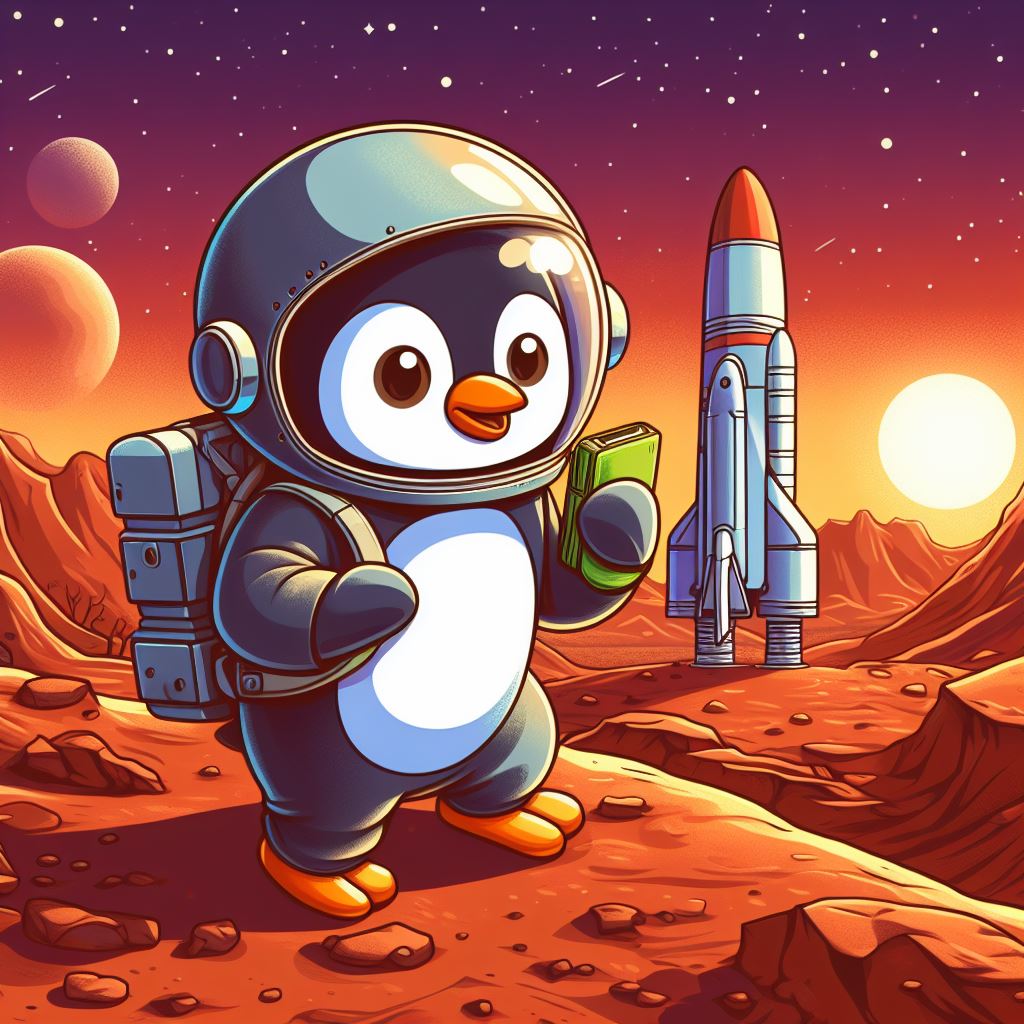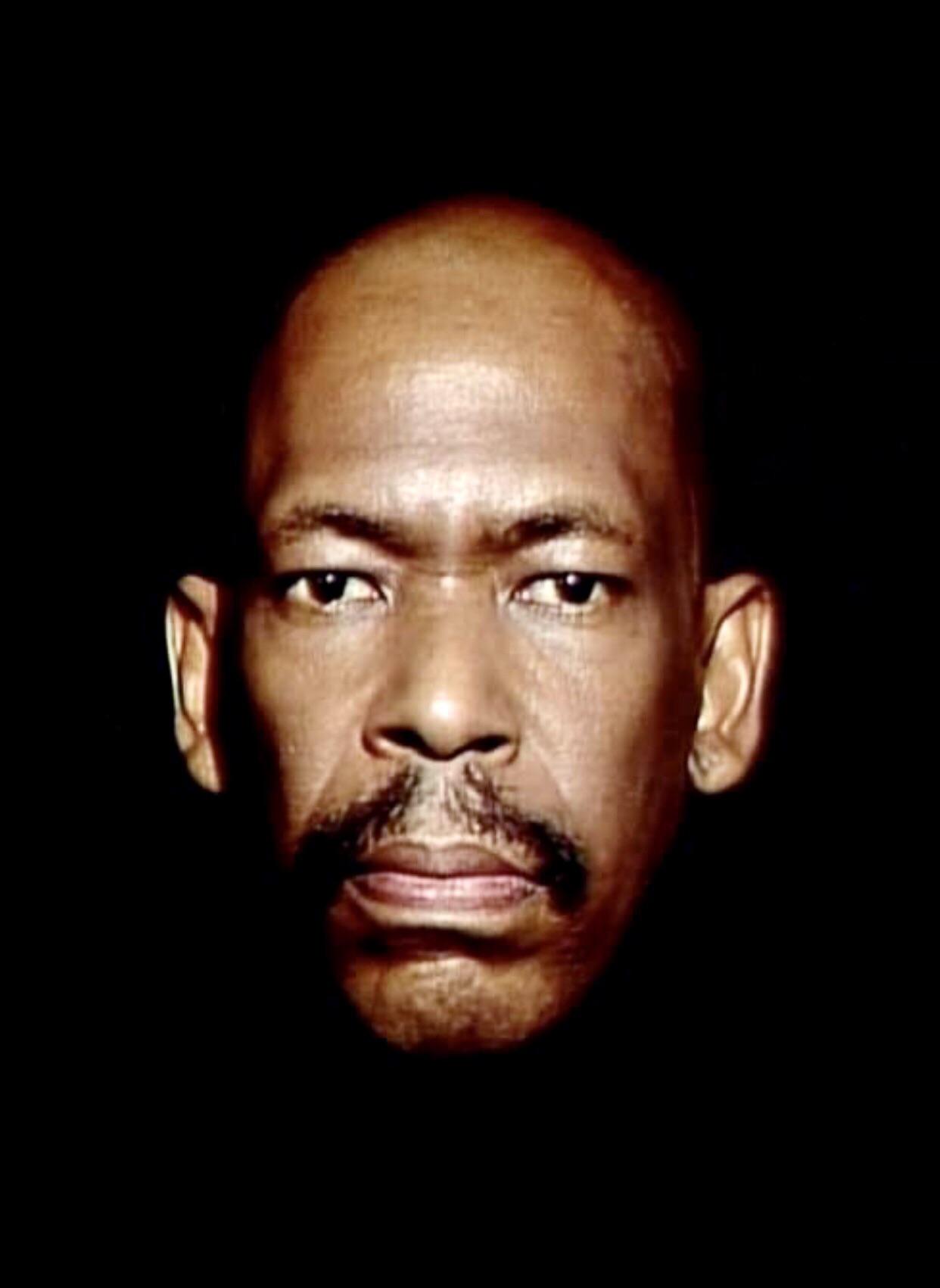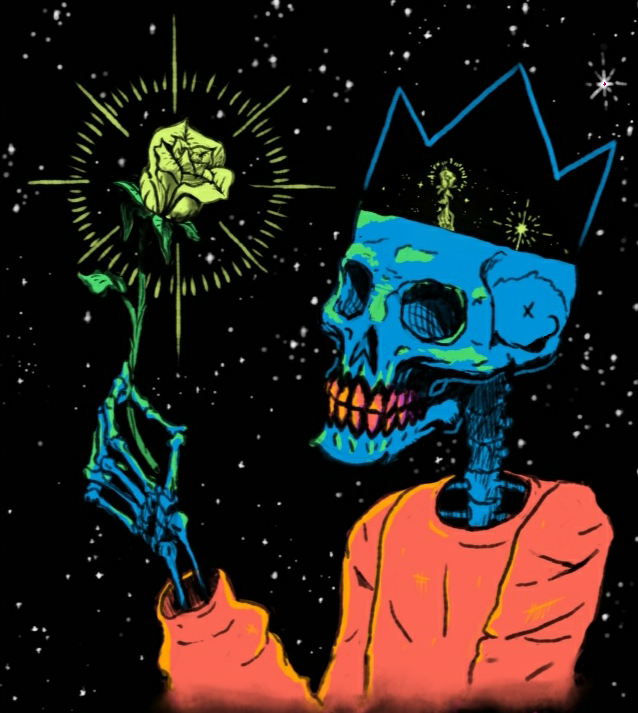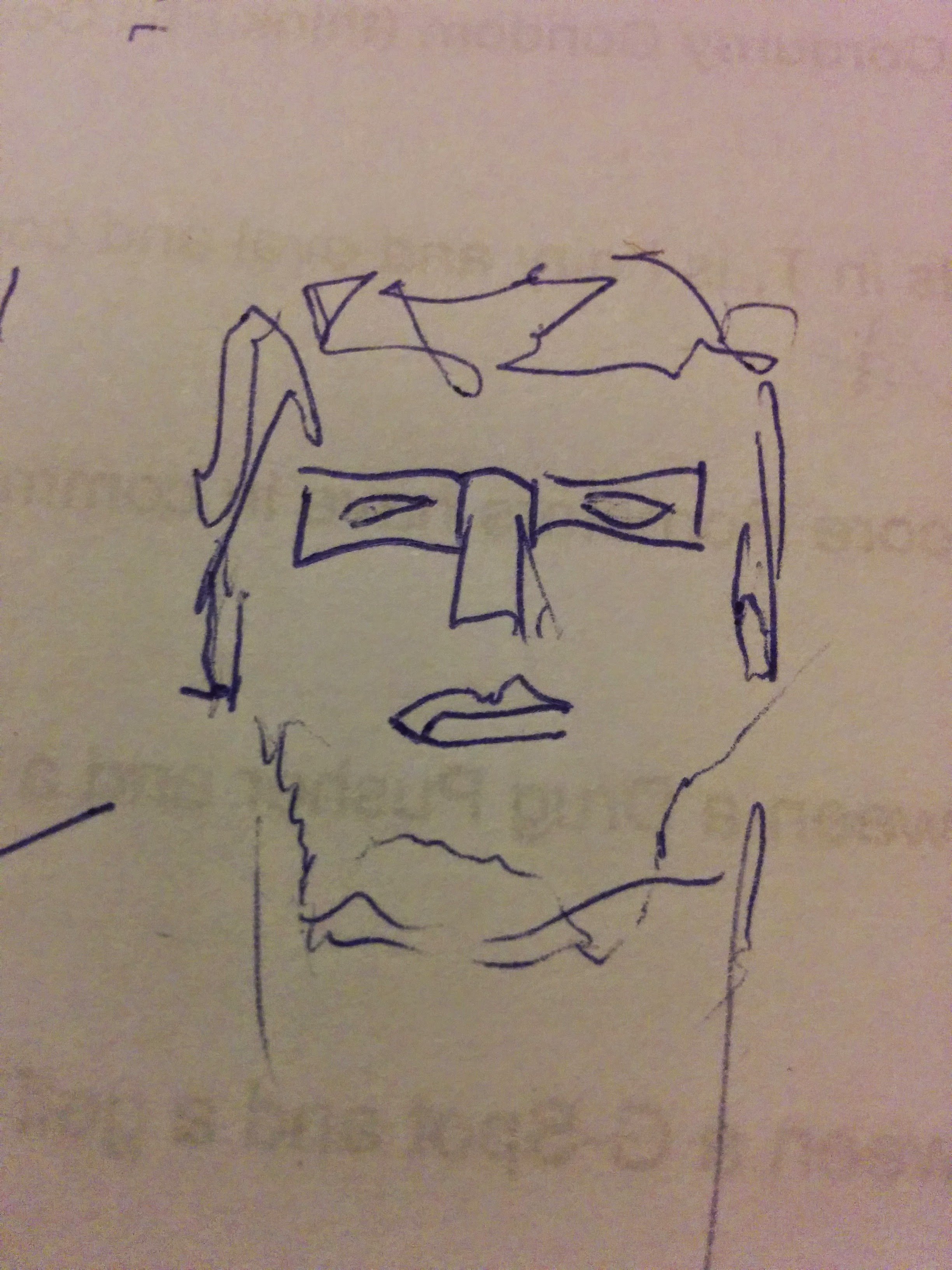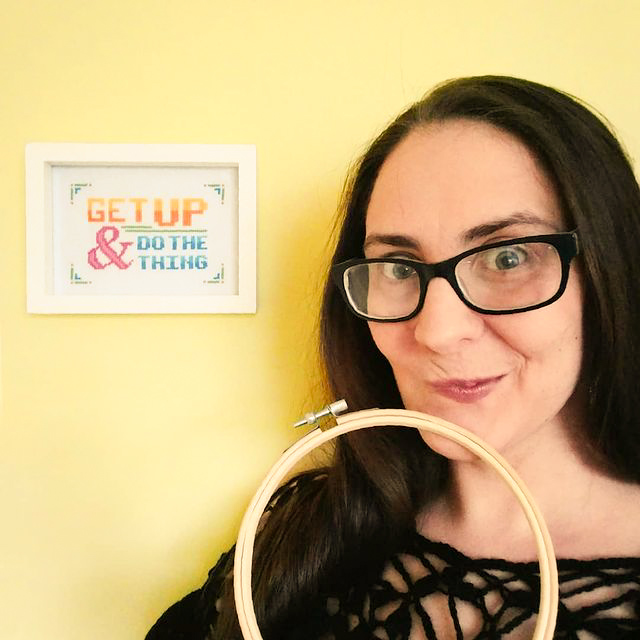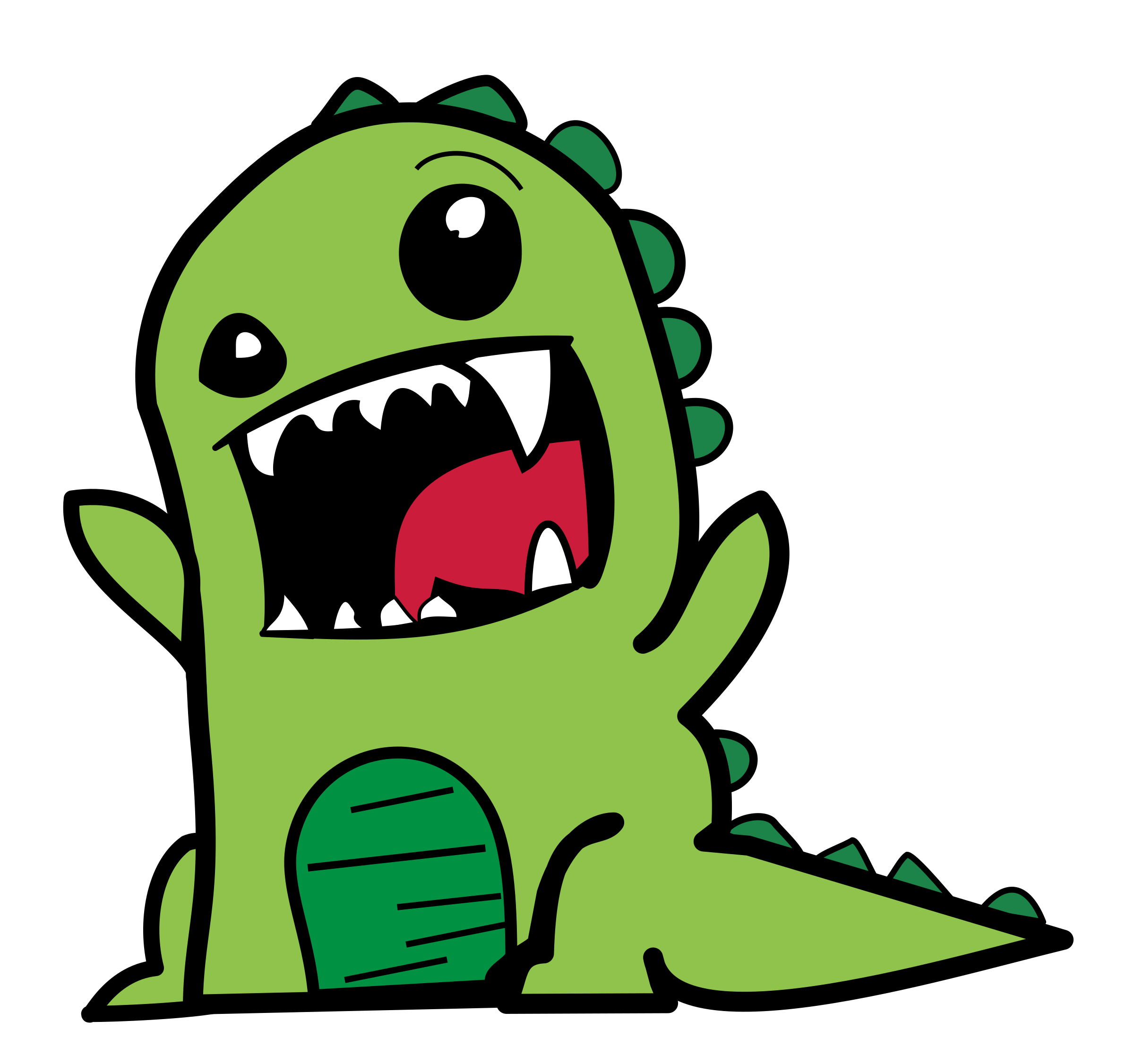Sign language.
Before I was a psychiatric nurse I sat a lot of 1:1 suicide watch, but also a lot with people who were very sick and had a lot of tubes in various preexisting and created orifices. All of those tubes can be very uncomfortable, and even if the person logically knows they will recover and need the tubes to do that, they have to be constantly reminded to leave them alone. LOTS of people rip out their own urine catheters and even breathing tubes, and the anchor bulbs can make a very bloody mess on their way out.
When communicating with such people I often wished we both knew sign language fully, but I did know some basics I would teach to patients over the course of a shift. I highly recommend everyone knows
- water/drink
- toilet (PLUS piss/shit since they might help you differently for either one)
- pain/hurt
- food/eat
- vomit/puke
These’ll take you thirty minutes to learn today and if you’re strung up in an ICU someday it might make hell an inch less hellish. Communication boards where you point to the letter can help a whole lot, but when you gotta shit you gotta shit!
I’d love to properly learn sign language too! I have two basic phrases and that’s it.
Apparently babies pick it up quicker than spoken language too which can really help with communication issues when they’re toddlers.
My kid is just under a year, and has a few spoken words like ball, momma, book, but he can actually communicate intention with sign language. When he looks you dead in the eye and gives the milk sign, its obvious what he wants. He knows all done, more, food, drink, milk, dog, flower, bird, and maybe a few more, but he uses all done, more, milk, and drink the most. It’s really crazy how much faster he picked up signing.
That said, we’re not good at sign language at all, just learned it for the baby specifically. Highly recommend.
I’ve wanted to know sign language just to make it easier to communicate in loud spaces or with someone on the other side of the room. Your motivations are even better though.
Electronics. I’m a programmer by profession, but more and more I want to better understand the lowest level parts of things. Ben Eaters’ videos have been a huge source on better understanding, but I’m desperately novice with it.
Programming. I have dabbled and written basic scripts but i just haven’t dedicated the time to learn enough for a solid foundation.
If you decide to give it a go, I’d recommend starting either with Typescript or with Kotlin. They’re both very easy to learn. Kotlin is more powerful and the compiler error messages might be more helpful (I’m not too sure) but it has to deal with some leftover Java boilerplate in exchange.
C# may also be worth considering but I have never used that at all.
In my opinion, Python sounds better to start programming because it is widely used, there are thousands of tutorials for everything (from creating a calculator to an AI). It is a simple but powerful language that even children can start to learn in middle school.
The language itself is very easy to get started with (like Typescript) and it’s widely supported, but the developer experience of writing Python is hands down terrible. I thought that it was a good idea to recommend languages that take you by your hand when you get your toes wet for the first time and Python does not do that at all. For example, since it’s interpreted without any meaningful upfront processing, any kind of error in your code will only reveal itself when the interpreter actually tries to execute the portion in question. This can become annoying very quickly, especially if you’re learning by doing / through trial and error.
In my opinion Python is an incredibly potent tool for seasoned developers, but despite its easy syntax and forgiving semantics I don’t think it is a good idea for beginners to use it for anything beyond a basic “hello world” application.
I can’t even remember how many times/languages i’ve printed “Hello world”
I’ve always wanted to learn how to grow mushrooms. Hopefully one day I’ll have the time + money to do it.
/r/UncleBens on reddit is a great resource for any amateur mycologists out there! ;)
Lets get em on a /c/UncleBens and I’d be stoked to start piecing the concept together!!
How to actually play an instrument. I started to get really good at the glockenspiel a while ago, by then Covid happened and I had to stop. I still do choir stuff at school, but an instrument would also be cool.
Why did you have to stop due to covid if you mind me asking? It seems like a perfect hobby during quarantine?
I got the instrument from school, so I had to return it. At the time, I didn’t realize how important and fun doing music is (plus I got sucked into Reddit at the exact same time). I still plan on doing some music either at school or outside school soon.
The piano.
It’s kind of sad (for me) that I never have picked up the keys, considering I’ve been making music for 20+ years. I can play the guitar and bass, and I know enough music theory. I know where the notes, chords, and scales lay on the keyboard, but anything else than simple melodies or chords just confuses me. My hands don’t just work independently that way.
One exercise that I know people who’ve had success with is to be focusing on simpler scales, which will all have slightly different fingerings for both hands. Just the regular primarily white-key scales.
E.g. C major goes 12312345 for the right hand, and 54321321 for the left hand.
Then once that’s doable at some speed, moving onto the tricker simple scales. And then going into contrary motion (where the right hand goes up and the left hand down). I’ve found that helps people get more used to their hands working independently. Especially because it provides more structure, and just one thing (different fingering) to focus on, rather than adding in differences in tempo etc.
One of these days I would very much like to learn how to distill vodka.
Last year I took another step on the fermented foods path and learned how to brew kombucha. I’m progressing slowly, but I’ll get to vodka eventually.
It’s easy. At the end of the day it boils down to “ferment it, boil it, condense the vapour”. I have some indirect experience with this due to my grandparents’ graspa (wine pomace spirit) production and an incomplete Chemistry grad.
The main skills and knowledge that you need are only 1) precise heating control and 2) how to correctly identify distillation fractions by the temperature. In special you need to distinguish the head from the body of the distillation, since the head will have some nasty stuff like methanol and is better discarded.
For the fermentation part, I recommend that you try brewing kwas/kvass at least once, as you’ll get experience with brewing yeast. (It’s the same species as bakery yeast, but usually selected towards higher alcoholic tolerance, you’re going to need it.) But past that it shouldn’t be too different from what you already know from kombucha.
Singing, I really enjoy it but I’m a disaster
Another language.
There’s something in my brain that just can’t break through the basics.
Do you watch or listen to any media in your target language? That could be a start to help you get used to the sounds and common words etc.
It’s easier but more laborious than it looks like. Think on how you learned your first language - you were considerably less smart than you are now, but if you’ve spent most of your time interacting with it.
A few major hints:
- Better is enemy of good. “Grammar of brokenness even convey meaning - when person has want for meaning”.
- Use it actively (writing, speaking) and passively (hearing, reading) at the same time.
- Pets are specially good to train your language with, as you know that they won’t judge you for your mistakes.
- If you’re playing scrabbles and words from the “wrong” language keep popping up, you know that you’re doing it right.
For me, it’s mostly that i was bad at languages in school. I don’t know what it feels like to make progress with a foreign language. I feel like this is an anxiety which prevents me from trying for fear of failing.
Skateboarding, I was always a bike guy but always wanted to learn to skateboard.
I’m having my first lesson in a few weeks!
Well I have macrame on my list for this year, so that one will be dealt with soon.
But otherwise, I’d love to be the type of person to speak multiple languages, sadly it’s just not a realistic goal.
And I’d love to learn to dance, properly, pretty much any kind of dance. But again probably not realistic at this point. We’ll see.
Sailing - it seems like a high bar and expensive.
I was going to say learning a bunch of useful knots, but I don’t have any excuse because it’s cheap and a pretty low bar.
Guitar
Pottery. I do hope to change that soon though.
deleted by creator



